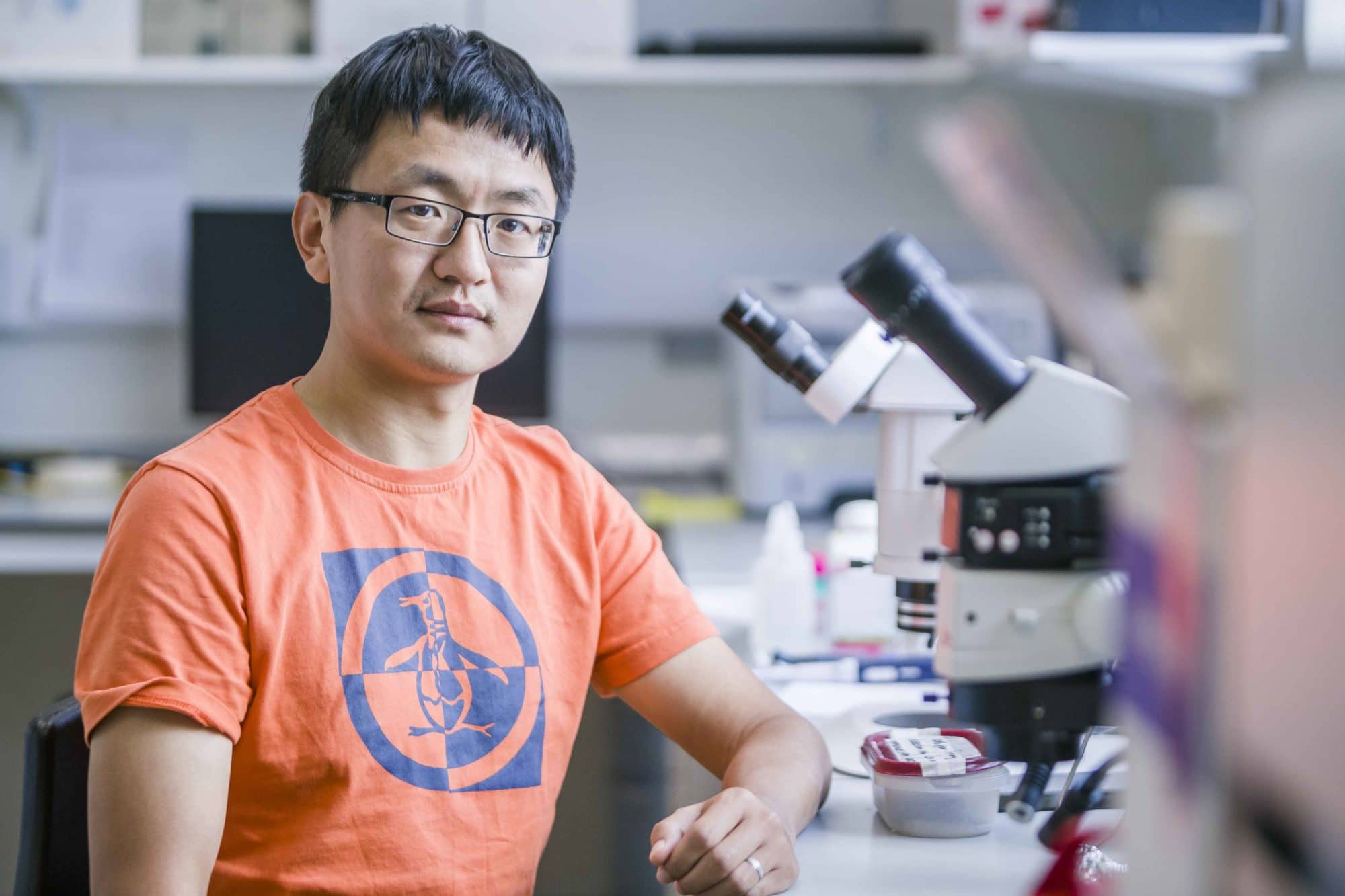Biotechnology company Kiora Pharmaceuticals has been given the go-ahead to start in-human testing of a novel “small molecule” treatment, known as KIO-301, for advanced vision loss in retinitis pigmentosa (RP). The phase 1b clinical trial will take place in Adelaide, Australia, and will begin enrolling participants towards the end of 2022.
News
The latest news from Retina UK. Please use the filters to find the articles which interest you.
Biotechnology company MeiraGTx has announced encouraging news from its phase 1/2 clinical trial of botaretigene sparoparvovec (previously known as AAV-RPGR), a gene therapy aimed at X-linked retinitis pigmentosa caused by faults in the RPGR gene.
Prof Mariya Moosajee at Moorfields Eye Hospital has asked us to share the message below about the clinical trial she is running. This trial is for a treatment that targets a particular section of the USH2A gene.
Retina UK is delighted to have awarded a new three-year research grant to Prof Majlinda Lako at Newcastle University for a project entitled: To establish AAV.PRPF31 gene augmentation in PRPF31-deficient RPE and photoreceptor cells and assess its efficacy in restoring RPE and photoreceptor function.

A blog from the research coal face
Jing Yu is a bioinformatician with the Eye Research Group at Oxford University, and is part of the UK Inherited Retinal Dystrophy Consortium (UKIRDC) team, funded by a Retina UK grant.
In February 2022, ProQR announced a disappointing outcome for their phase 2/3 trial of sepofarsen for Leber congenital amaurosis type 10 (LCA10).
With all the interest in exciting gene and cell therapies for inherited sight loss, it’s easy to forget that more traditional drugs can also hold promise.
ProQR has published the top-line results from its Phase 2/3 “Illuminate” trial of the RNA therapy sepofarsen for Leber congenital amaurosis type 10 caused by a specific mutation in the CEP290 gene.
You may have heard that a cell-based treatment approach (sometimes referred to as a “stem cell treatment”), developed by a company called ReNeuron, is being tested in a clinical trial at Oxford Eye Hospital and other centres in the US and Europe.
